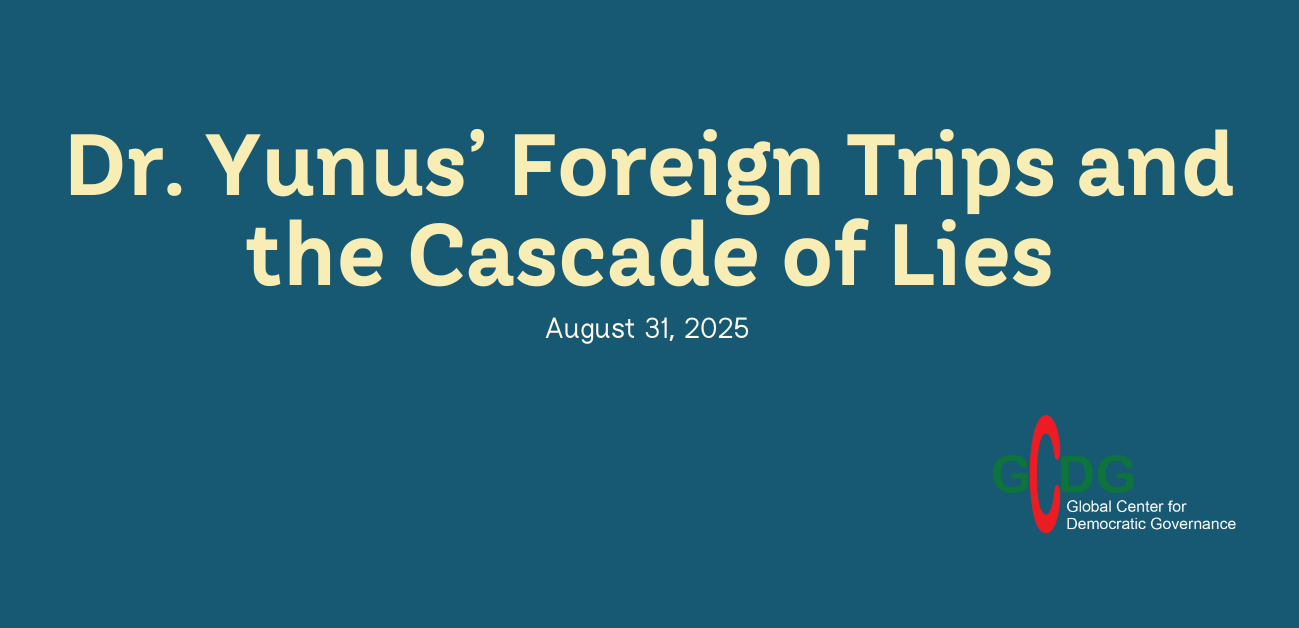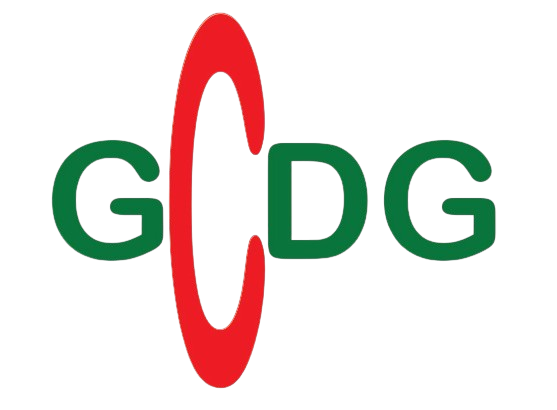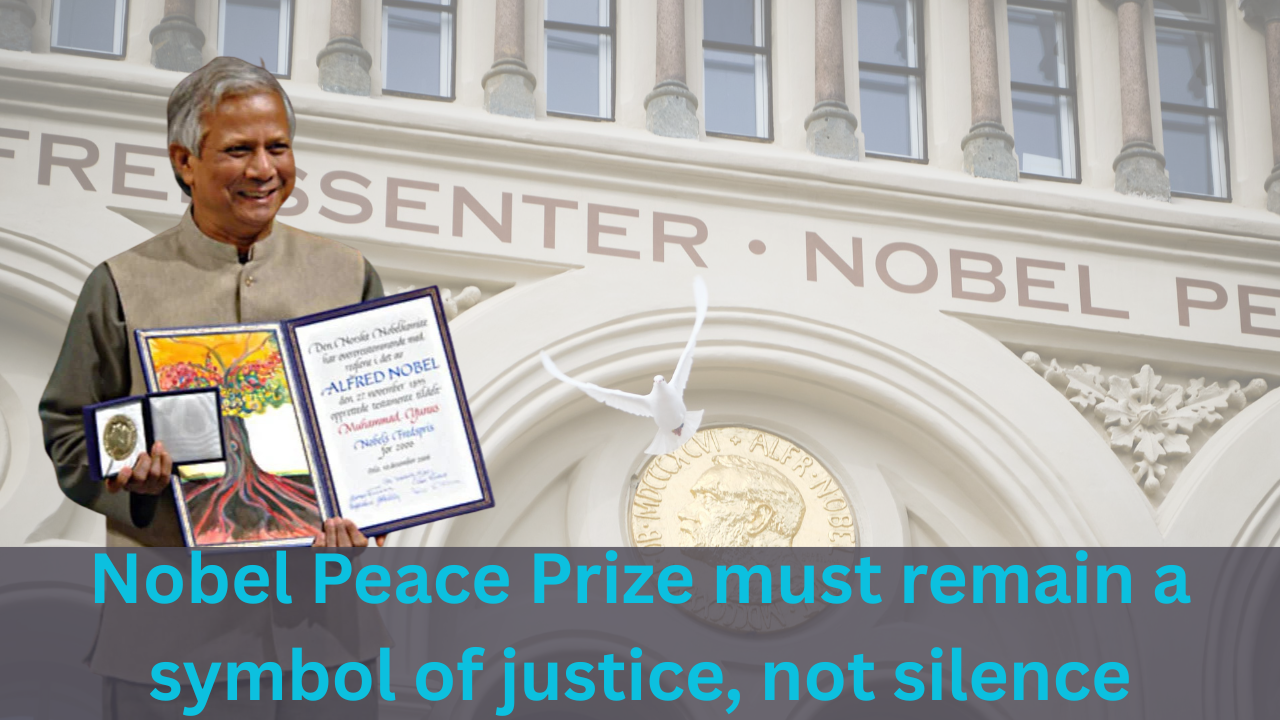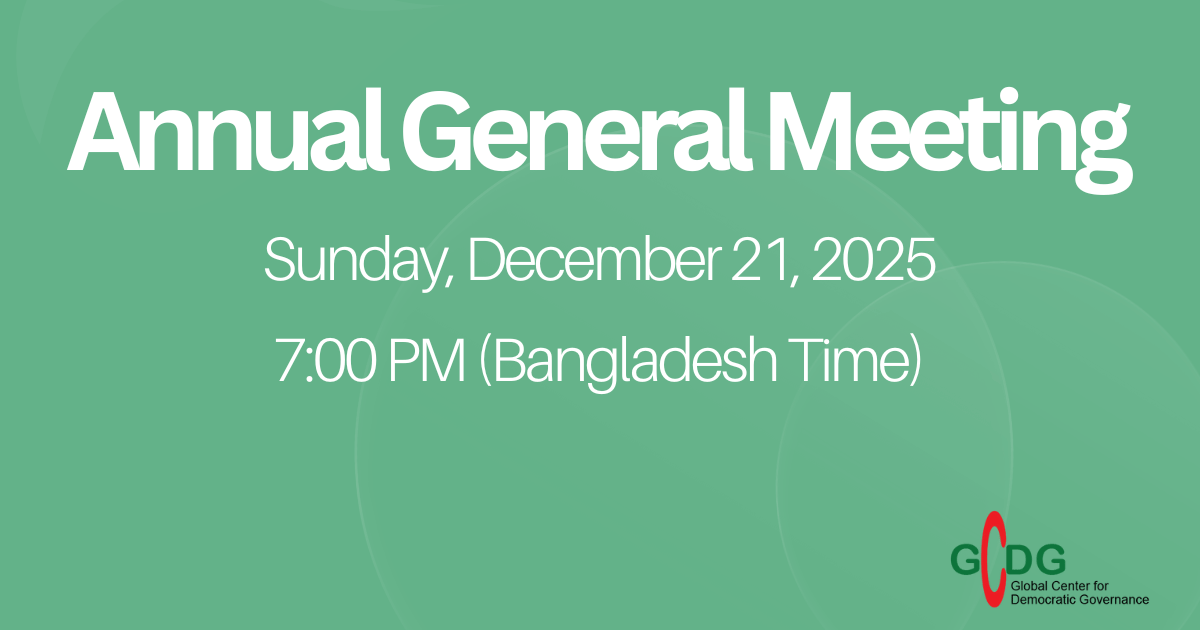Date: 21 December 2025 To The Norwegian Nobel Committee c/o Det Norske Nobelinstitutt Henrik Ibsens…

Dr. Yunus’ Foreign Trips and the Cascade of Lies
Date: August 31, 2025
As the Chief Adviser of Bangladesh’s interim government, Dr. Muhammad Yunus has visited 12 countries in the last twelve months: the United States, Azerbaijan, Egypt, Switzerland, the United Arab Emirates, China, Thailand, Qatar, Vatican City, Japan, the United Kingdom, and Malaysia.
Excluding the United Kingdom and Malaysia, the remaining ten trips reportedly cost around BDT 2.608 billion (approximately $26 million), and he spent 70 days abroad. But the real question is: what has Bangladesh gained from these trips?
Dr. Yunus undertook the first 11 trips not at the invitation of any foreign government but rather to attend conferences organized by international organizations. In a few cases, he took opportunistic photos with the Chinese President or the Japanese Prime Minister. Naturally, such visits offered no opportunity for government-to-government achievements.
Even so, the local media and government-aligned voices exaggerated the impact of these visits, portraying them as major diplomatic victories. In reality, they are just an accumulation of ‘zeroes’, either in achievement or significance.
In truth, these visits have yielded very little for the country beyond short-term publicity and personal image-building for Yunus. Most of these trips appear to have been aimed at appeasing Western powers while promoting Yunus’ own global brand.
From an economic perspective, one might point to the Japanese commitment of USD 1.06 billion in funding as a major achievement. However, this is actually a continuation of projects and budgetary support initiated during Sheikh Hasina’s administration. No new major investment deals were signed. The Japanese financing had already been planned, making it a reflection of past government decisions, not a new success.
Before Japan, nine MoUs were signed with China, mostly concerning literature, culture, sports, and journalism. There was no significant advancement in industrial projects or market expansion. Even the Economic Relations Division (ERD) of Bangladesh commented that such minor agreements were not appropriate for a high-level visit like that of a Chief Adviser. These agreements seem more aligned with China’s strategic interests than Bangladesh’s economic priorities.
In the Middle East (Qatar and UAE), the trips produced vague promises of future investments but no visible results. In the UAE, there was only a preliminary discussion about setting up a potential Special Economic Zone, with actual implementation remaining far off.
Diplomatically, Yunus’s trips appear to be efforts to boost his personal global credibility at the expense of state funds, nothing more.
In the United States, he attended the UN General Assembly and met then-President Joe Biden for a photo-op. However, there was no sign of new investments or diplomatic gains for Bangladesh. On the contrary, travel and visa restrictions for Bangladeshis have increased in several countries during the same period.
At the Vatican, Yunus promoted his “Three Zero” philosophy, gaining personal publicity but no state-level benefit. Though the official reason for the trip was to attend Pope Francis’s funeral, he used the opportunity for personal promotion, turning a solemn event into a publicity tour.
In the United Kingdom, Yunus was reported to have received the “King’s Charles Harmony Award.” The King’s Foundation website did not list him among the nominees, raising doubts about the legitimacy of the claim. Later he received the award. He could not meet British Prime Minister Keir Starmer. So why did he visit the UK?
There is speculation that the main purpose was to meet BNP leader Tarique Rahman. Such a meeting might benefit Yunus personally in extending his tenure in power, but it offers nothing to Bangladesh. In fact, if a meeting with a convicted and fugitive political figure was necessary, Tarique could have returned to Bangladesh. It seems contradictory that Yunus is simultaneously blocking Tarique’s return while also seeking political gain through him in London at the state’s expense. This can only be described as a senseless use of public resources by a head of government.
Now the core question: were these foreign visits truly in the national interest, especially during such a critical economic period?
When remittance inflows are slow, foreign debt repayments are mounting, and forex reserves are under pressure, none of these visits brought any meaningful economic relief to the nation.
Dr. Yunus seems to be a key figure in implementing the foreign agenda in Bangladesh at the cost of national sovereignty.
Important issues like border disputes with India, the Rohingya crisis, or the Teesta-Ganges water-sharing agreement received no attention in these visits, and no progress has been made on these fronts.
Details of Dr. Muhammad Yunus’s Foreign Visits:
1st Foreign Visit
September 23–28, 2024 – New York, USA: Attended the 79th session of the United Nations General Assembly.
2nd Foreign Visit
November 11–22, 2024 – Baku, Azerbaijan: Participated in the 2024 United Nations Climate Change Conference.
3rd Foreign Visit
December 18–20, 2024 – Cairo, Egypt: Attended the D-8 Summit.
4th Foreign Visit
January 21–25, 2025 – Davos, Switzerland: Participated in the World Economic Forum.
5th Foreign Visit
February 13–14, 2025 – Dubai, United Arab Emirates: Attended the World Government Summit.
6th Foreign Visit
March 26–30, 2025 – Hainan and Beijing, China: Participated in the Boao Forum for Asia in Hainan, and held his first bilateral meeting in Beijing.
7th Foreign Visit
April 3–4, 2025 – Bangkok, Thailand: Attended the BIMSTEC Summit.
8th Foreign Visit
April 21–25, 2025 – Doha, Qatar: Participated in the Earthna Summit.
9th Foreign Visit
April 26, 2025 – Vatican City: Attended the funeral of Pope Francis.
10th Foreign Visit
May 28 – June 1, 2025 – Tokyo, Japan: Participated in the 30th Nikkei Forum “Future of Asia” and held a bilateral meeting with the Prime Minister of Japan.
11th Foreign Visit
June 10–13, 2025 – London, United Kingdom: The main purpose of this visit was reportedly to meet with BNP leader Tarique Rahman for future power-sharing discussions.
12th Foreign Visit
August 11–13, 2025 – Kuala Lumpur, Malaysia: At the invitation of Malaysian Prime Minister Anwar Ibrahim, Dr. Muhammad Yunus undertook an official state visit. During this visit, five Memoranda of Understanding (MoUs) and three Notes of Exchange were signed.




Comments (0)